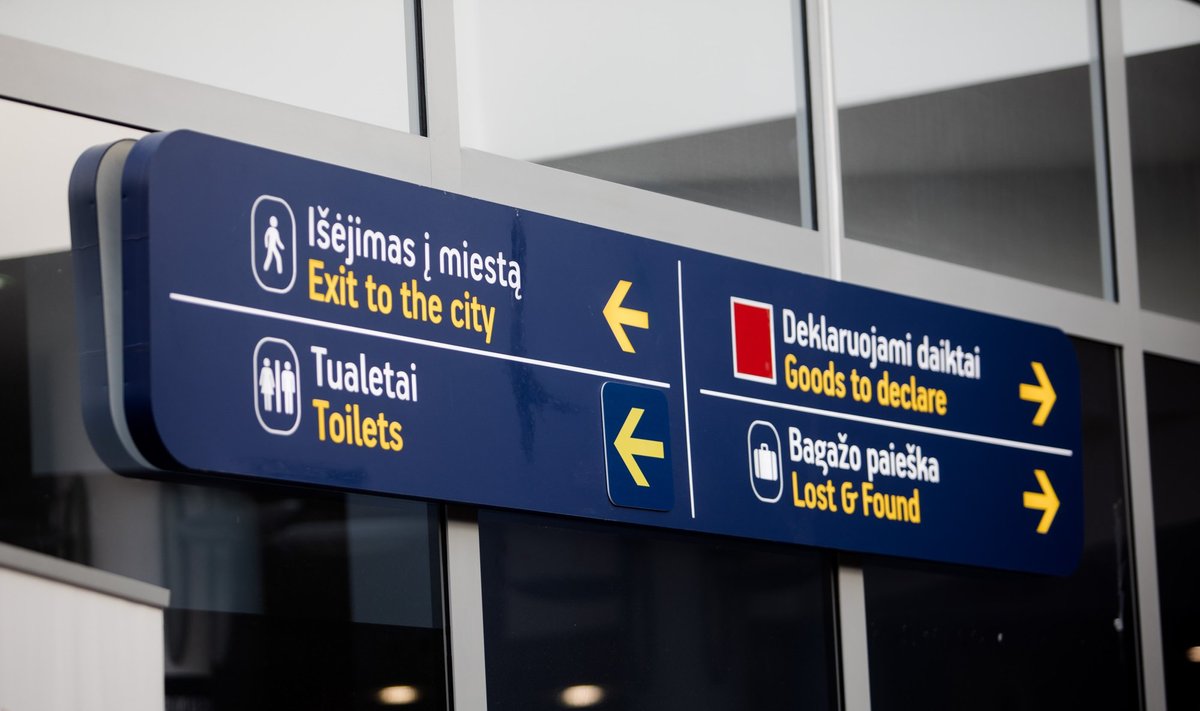Commissioner for Home Affairs, Migration and Citizenship Dimitris Avramopoulos said: “The new rules will facilitate tourism, trade, and business while enhancing our security standards to detect those who pose a threat or have no right to enter the EU. They will also help improve cooperation with non-EU countries on the return and readmission of irregular migrants.”
The tourism and travel industry plays a key role in the European economy, representing around 10% of the EU's GDP. Whilst EU Member States are among the world's leading tourist destinations, lengthy and cumbersome procedures can deter tourists from traveling to Europe, redirecting investment and spending to other countries and affecting the EU's economy negatively. At the same time, the benefits of visa travel need to be balanced with measures to adequately respond to present and future security and migration challenges.
The new rules include in particular:
More flexible procedures: Travellers will be able to submit their applications up to 6 months in advance of their planned trip (9 months for seafarers), instead of the current 3 months, and in most cases, directly from their country of residence. Where available, they may also fill in and sign their applications electronically. Minors between 6 and 18 years old may be exempted from the visa fee.
Multiple entry visas with longer validity: Thanks to the introduction of common mandatory rules, frequent travelers with a positive visa history can receive a multiple-entry visa with a gradually increasing validity period from 1 year to a maximum of 5 years, saving time and costs for applicants and the Member States. Travelers' fulfillment of entry conditions will be thoroughly and repeatedly verified in all cases.
Additional resources for strengthening security: In view of significantly increased processing costs over the past years, a moderate increase in the visa fee (from €60 to €80) will be introduced. This modest increase will allow Member States to maintain adequate levels of consular staff worldwide to ensure stronger security screenings, as well as the upgrading of IT equipment and software, without representing an obstacle for the visa applicants.
Improving cooperation on readmission: The conditions for processing visa applications can be adapted depending on whether non-EU country cooperates satisfactorily on the return and readmission of irregular migrants. If needed, the Commission, together with Member States, can decide on a more restrictive or a more generous implementation of certain provisions of the Visa Code, including the maximum processing time of applications, the length of validity of visas issued, the level of the visa fee and the exemption of such fees for certain travellers.
The new rules will now have to be formally approved by the Council. After that, the adopted text will be published in the Official Journal of the European Union and will become applicable 6 months later.
